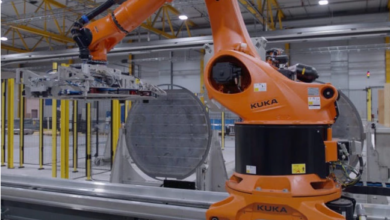European Commission invites projects on low-carbon hydrogen technologies
Several member states have made renewable and low-carbon hydrogen a part of their national energy plans

The European Commission today (12 April) has invited the members of the European Clean Hydrogen Alliance to submit projects for renewable and low-carbon hydrogen technologies and solutions.
The deadline for submitting projects is 7 May. The project proposals will be examined at the next meeting of the Hydrogen Forum on 17 and 18 June. The call is an important step in supporting the clean hydrogen value chain.
Thierry Breton, the EU Internal Market Commissioner, said, “Clean hydrogen plays a key role in the race to decarbonise many sectors of our economy while contributing to a more resilient and competitive EU industry.”
The European Clean Hydrogen Alliance, which brings together industry, national and local authorities, civil society and other stakeholders, was launched in July 2020. It aims to build numerous viable investment projects along the hydrogen value chain. The aim is to create a clean hydrogen market that contributes to growth, creates jobs and reduces greenhouse gas emissions.
European Commission aims to support renewable and low-carbon hydrogen before they are competitive. Low carbon hydrogen includes fossil hydrogen with CO2 capture and electricity-based hydrogen, which significantly reduce greenhouse gas emissions over the entire life cycle compared to current hydrogen production.
Whereas renewable hydrogen, also called clean hydrogen, is produced by electrolysis of water and electricity from renewable sources. In this case, emissions from renewable hydrogen production over the entire life cycle tend to be close to zero. Renewable hydrogen can also be produced by reforming biogas (instead of natural gas) or biochemical conversion of biomass.
